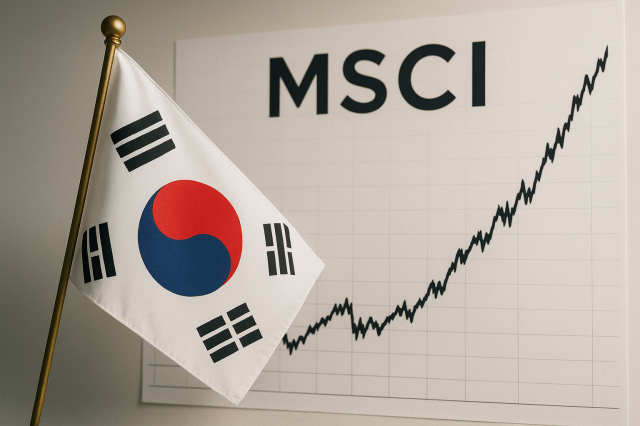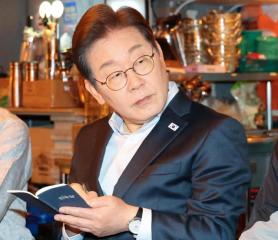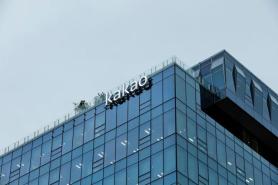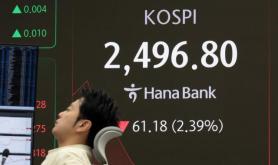
Still, the firm warned that broader foreign investor access remains hampered by longstanding structural hurdles.
The upgrade — moving South Korea’s short-selling rating from “negative” to “positive” — follows the partial resumption of short-selling in March, after a nearly three-year suspension. The policy shift brought the country one step closer to aligning with international standards, a key requirement for inclusion in MSCI’s flagship index.
Yet the review struck a cautious tone overall, underscoring enduring concerns around South Korea’s currency market, investor registration process, and settlement mechanisms.
“Despite these reforms, the registration process continues to face operational hurdles,” MSCI said in its report. “Moreover, the limited usage of omnibus accounts and over-the-counter transactions has constrained the impact of related regulatory initiatives.”
MSCI also criticized the slow adoption of corporate governance reforms — particularly procedures allowing companies to confirm dividend payouts before record dates. The firm noted that only a small number of companies have implemented the measure, limiting its effectiveness.
South Korea has sought inclusion in the MSCI World Index since 2008, when it was placed on the firm’s watch list.
Currently, South Korea holds six “negative” ratings across MSCI’s 18 market accessibility criteria, down from seven a year earlier when short-selling access was downgraded.
Key areas requiring improvement include liberalization of the foreign exchange market, streamlining of investor registration, modernization of clearing and settlement systems, and expansion of investment products.
In April, Financial Services Commission Chairman Kim Byoung-hwan met with senior MSCI officials in an effort to underscore the government’s reform agenda and advocate for a more favorable evaluation.
Copyright ⓒ Aju Press All rights reserved.




